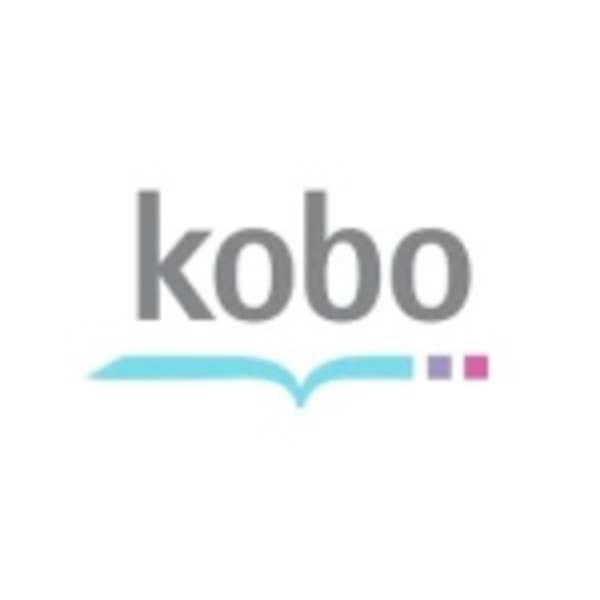“Everybody loses” with the enforcement of Apple’s new in-app payment rules, argues The Atlantic Wire’s Rebecca Greenfield in a post chronicling how consumers, e-reader companies and perhaps even Apple might suffer. As we wrote about yesterday, Apple made the move over the weekend to enforce e-reader apps’ compliance with its new in-app payment rules, prompting Kindle, Nook, Kobo and the like to all remove links to their associated e-bookstores so as to avoid giving Apple a 30% cut of sales.

But if there’s a winner to be had in the fallout, it may be the Web itself as Apple’s new rules are now prompting more and more publishers to build HTML5 apps rather than rely solely on native (iOS) apps.
This isn’t an entirely new development, of course. Last month, The Financial Times launched its HTML5 app so as to circumvent the new policy. And while many major publishers seemed prepared at first to bow to Apple’s rules, including all of those that updated their apps yesterday, it seems possible that some of these companies will now explore their HTML5 alternatives.
The bookseller Kobo announced today that it was beginning development of an HTML5 e-reader app in response to Apple guidelines. Kobo is framing its decision to move from a native app to a Web app as part of its larger mission to be an “open platform”:
“Kobo is dedicated to an open-platform experience and believes that consumers should have the freedom to read on any device, at anytime, anyplace in the world. With the new HTML5 web app, Kobo remains committed to open solutions and extends eReading capabilities to a platform that can be quickly enhanced and updated with the latest eReading features and functionality. Kobo’s HTML5 app will not replace the company’s existing apps, but extend its read-across-any-device strategy to reach a broader set of users and add additional value for their current customer base.”
Implied in this statement, of course, is that while HTML5, the Web, and Kobo are “open,” Apple is “closed.”
Book-buying customers may not be interested in this long-standing battle over the definitions of what constitutes “open” versus “closed.” Likely they want an e-reading (and e-book-buying) experience that “just works.” (Will an HTML5 app work offline?) But it remains to be seen how consumers react when they find the only bookstore “that just works” on iOS is Apple’s own iBooks. Kobo and others are hoping this prompts them instead to turn to the Web.










